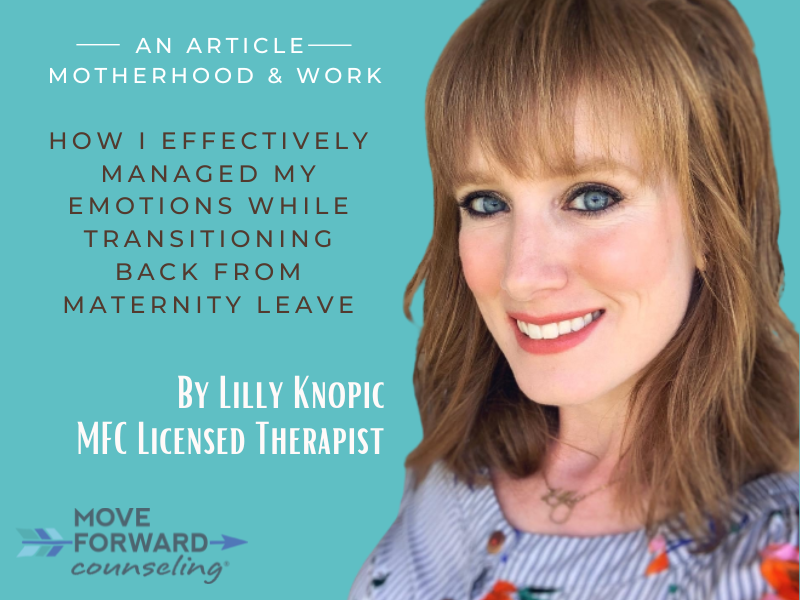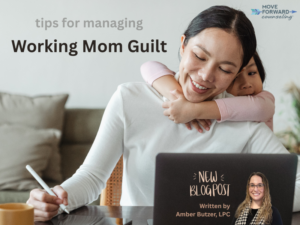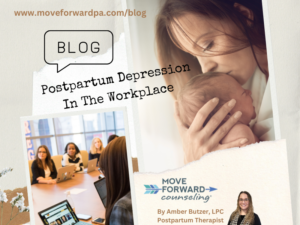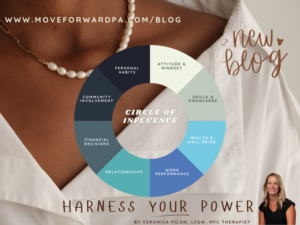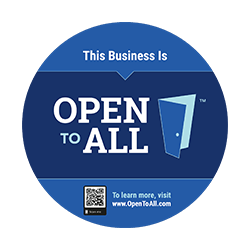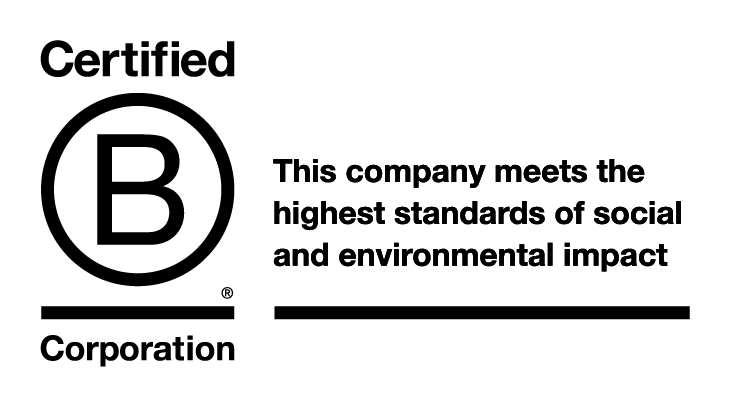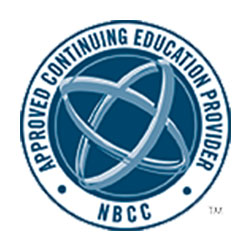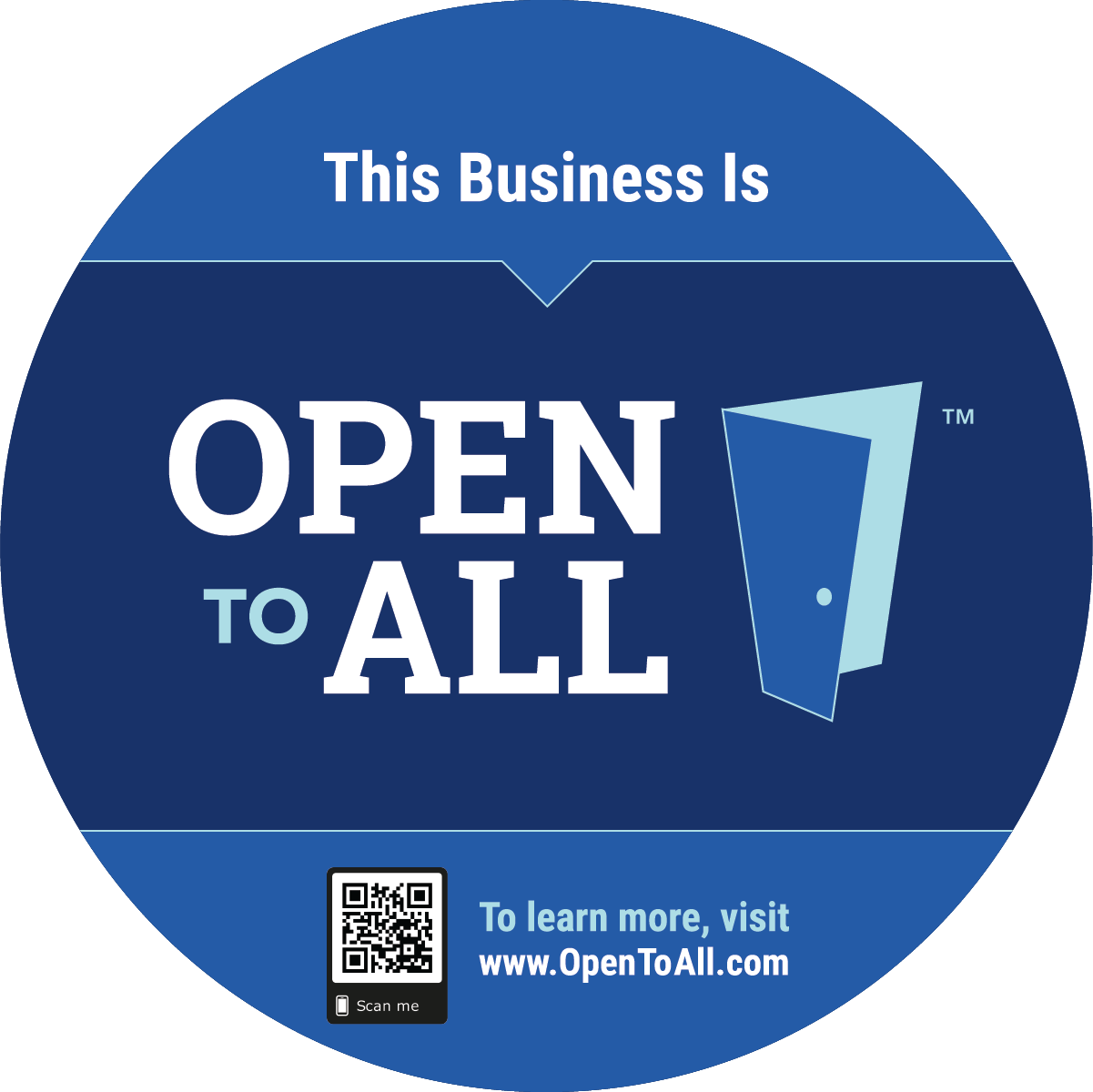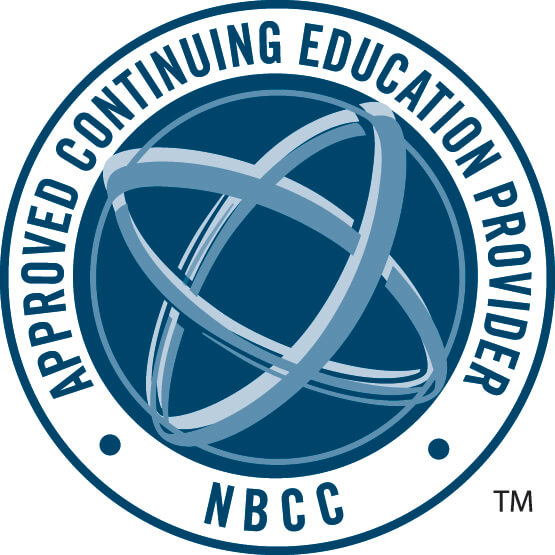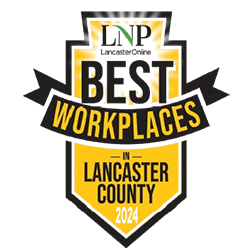Work after Maternity Leave
Transitioning Back to Work after Maternity Leave
My Story
For nine months, while expecting my first child, my thoughts were primarily worries about transitioning into a new role. Not just the logistics of having a newborn in the house, as one might assume, but the potential professional consequences of putting on hold my knowledge, the everyday flow of my skills, and my “identity” of 15 years. Then, suddenly, I blinked and found myself in the groove of a new routine as a mom, surprising even myself! I blinked again, and “maternity leave” was over. Suddenly, I was transitioning back to work after maternity leave.
The newly established way of being a full-time mom, which I had finally accepted and “figured out,” had ended. Anxiety increased as my thoughts attempted to re-organize and plan how I would navigate my baby’s milestones, make time for memories, and adjust for the daily “unknowns” of a growing baby, all while pivoting my attention back towards the expertise, effort, and focus my job requires.
Living On Edge
As a therapist trained in the emotion management strategies found in Dialectical Behavior Therapy, I know that unhelpful emotions, like anxiety and depressed mood, can increase during stress. The stress encountered when disrupting familiar routines, and unpleasant events (like how COVID impacted us) can be problematic. For me, even when things were going well during my transition back to work, there were times when I was irritable, “on edge,” reactive, distracted, and ruminating. I recognized what was happening and had to problem-solve because I knew our bodies could become stuck in a state of hyperarousal. I often advise that being mindful and focusing on the things that we can control assists us in prompting more helpful and positive emotions, which balances the more unwanted emotions and sensations, even though they are still there.
Often our problems cannot be immediately solved, meaning the situation itself cannot be changed. For example, I wanted to return to work focused and mindful while still being an engaged mother. Since the situation could not be “solved,” below are the tips I utilized to assist in tolerating, accepting, and managing “the problem” more effectively:
Work after Maternity Leave: Tip #1
Improve the moment by…
- Finding the meaning in a situation: What are you learning from this challenge? Acknowledge that life can be worth living even when there is a change or difficulty. It doesn’t negate the stress you are encountering; it adds additional facts and reality. Specifically related to this transition in my life, every day, I mindfully prompted and answered: “What am I proud of myself for today?” This is a gratitude exercise but individualized for my situation: “Instead of “I am grateful for _____,” try “I am proud of myself for_____.” Sometimes, just the fact that I figured out how to stop the baby from crying felt impressive, and thus accessing that thought triggered a helpful emotion, even momentarily.
- Using mindfulness to check the facts: Avoid unhelpful thoughts that trigger unhelpful emotions. Observe your current thoughts (where are your thoughts coming from?), and remember you do not have to act on your thoughts. They are thoughts, not facts. Related to my personal story, I strategically attempted to bring in more factual affirmations, and thoughts, such as “this is temporary” or “yes, this is hard, so my irritability fits the facts.” This helped me access not only self-compassion but also logic to help balance out my intense emotions.
- Taking a “vacation” away from that moment: Try paced breathing exercises, walk to the mailbox, change the scenery by taking a short walk around the block or driving to your favorite lunch spot, unplug from social media, or enjoy a smoothie or cup of coffee without multi-tasking.
- Moving my Body: During times of hyperarousal, my strategies include moving my body in a way that feels good in that moment and tending to my nervous system by grounding, especially by going outside and accessing all my senses (think of this like a quick “scavenger hunt” where you access and shift between all five senses).
- Using self-encouragement: What sayings, affirmations, or quotes help you rethink situations? We can validate ourselves to improve a moment. What are you already doing that is working well? What are some of the compliments you receive the most?
Work after Maternity Leave: Tip #2
Be mindful of your vulnerabilities that evoke unhelpful emotions and responses.
- Do you have any physical ailments that could be treated? Are you tired? Could you eat something more balanced? How was your physical exercise or movement today? Have you taken your prescribed medications? Are there other “smaller” problems that are causing stress?
This tip embodies the concept of focusing on what is in your control to the best of your ability. Certain circumstances can make those unhelpful moods/emotions more accessible. For example, think of the term “hangry.” We all relate to this term because when we are hungry, we are quicker to feel irritable in a situation.
Work after Maternity Leave is a Journey
Any transition will also include uncertainty, searching, instability, and success. But it would help if you noticed it. DBT reminds one to accept where you are on the journey and that you are doing the best you can with the skills you have in this chapter. And at the same time, we can continually improve our emotional responses through mindfulness and the addition of knowledge. One or more of these tips allows you to feel present and connected with what matters most in your life, especially when you have found a chapter that has you wearing multiple hats.
If you would like support transitioning back to work after maternity leave, contact us by writing to getstarted@moveforwardpa.com or submit a Contact form. We can help match you with a therapist who specializes in maternal and motherhood challenges.
Resources
Return to Work: The New Normal Centers on Mental Health, written by NAMI
When can I go back to work after having a baby? Written by babycenter

